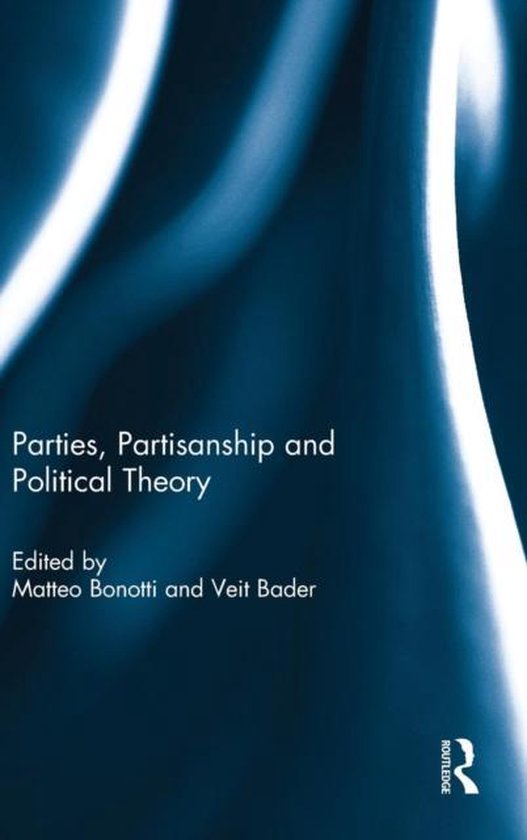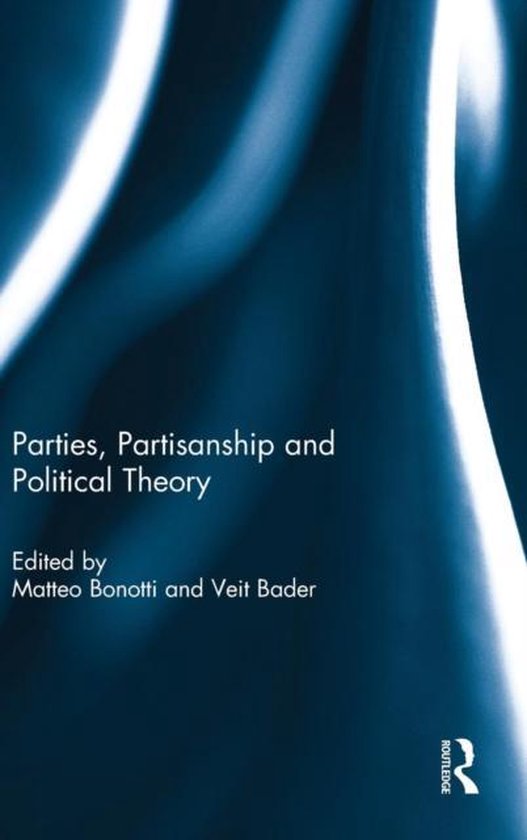De Boeken van Wouter
Parties, Partisanship and Political Theory
Parties, Partisanship and Political Theory
Couldn't load pickup availability
Verzending is beschikbaar op maandag en vrijdag
Meestal verzonden binnen 1–4 dagen na bestelling
4 boeken kopen = 3 betalen
Gratis verzending vanaf €25
Titel: Parties, Partisanship and Political Theory
Bindingswijze: Hardcover
EAN: 9781138793842
Conditie: Goed
Let op: Hieronder staat een algemene beschrijving van hoe wij onze conditietypes classificeren. Als u een nauwkeuriger beeld wilt of specifieke vragen heeft, stuur ons dan een bericht en we kijken het graag voor u na.
Conditie-omschrijvingen:
- Als Nieuw: Nauwelijks gebruikssporen, bijna als nieuw.
- Goed: Kan lichte gebruikssporen vertonen, zoals wat verkleuring of een naam op de schutbladen, maar doorgaans geen onderstrepingen of aantekeningen in de tekst.
- Redelijk: Boek in redelijke staat. Kan gebruikssporen vertonen, zoals verkleuring, leesvouwen in de rug, onderstrepingen, aantekeningen, lichte vervuiling aan de randen, ezelsoren of een kromme rug.
- Nieuw: Boek is nieuw.
Beschrijving:
Political parties have only recently become a subject of investigation in normative political theory. Parties have traditionally been studied by political scientists in their organizational features and in relation to the analysis of related topics such as party systems and electoral systems. Little attention, however, was paid until recently to the normative assumptions that underlie partisanship and party politics. Are parties desirable for democratic politics? How should liberal democracies deal with extremist and/or anti-democratic parties? Do religious parties undermine the secular distinction between religion and politics and is that bad for liberal democracies? These are only some of the many questions that political theorists had left unanswered for a long time.
The chapters in this collection aim to provide a twofold contribution to the normative analysis of partisanship. On the one hand, they aim to offer a first much needed ‘state of the art’ of the existing research in this area. Many of the contributors have already done extensive research on partisanship and their chapters partly reflect their research expertise and individual approaches to this topic. On the other hand, all chapters move beyond the authors’ existing work and represent significant additions to the normative literature on partisanship, thus setting the standards for future research in this area.
This book was published as a special issue of Critical Review of International Social and Political Philosophy.
Share

